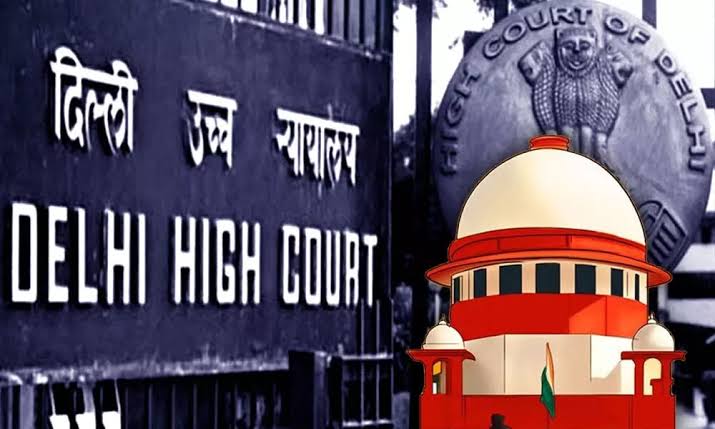


The Nagpur bench of Bombay High Court (HC) recently directed the Director General of Police (DGP) to issue a circular directing the police to seek the permission of judicial/metropolitan magistrates to initiate investigations into non-cognizable (NC) offences. A non-cognizable offence is a criminal act that is typically less serious in nature & it requires a magistrate’s authorisation before police can proceed with their investigation.
A single bench of justice Anil L Pansare observed that typically it’s the informant, not the police, who obtains the magistrate’s permission for investigation of such cases. Emphasising that non-cognizable offences are punishable, the court reminded the police of their duty to investigate these cases & take them to logical conclusions.The directions came in a writ petition filed by one Nitin Satpute, a college librarian who had challenged a sessions court order that quashed summons issued to the college principal for using filthy language against Satpute & other staff members.
Satpute alleged that the principal was habitually abusive in behaviour. The principal called the petitioner to his chamber around 4pm where he hurled abuses at the petitioner in the presence of another staff member. The principal said, “...you people have lodged a complaint with the vice-chancellor. I am capable of committing four murders & hence the petitioner should be cautious.” He also said, “whether the petitioner’s wife had been to him to sleep to tell as to how bad he is.”
Such treatment was also given to other staff members, Satpute alleged.Aggrieved by the behaviour, he filed a complaint with the Murtizapur police who registered a non-cognizable case under sections 504 (intentional insult with intent to provoke) & 506 (criminal intimidation) of the Indian Penal Code.Dissatisfied with the charges, Satpute approached the magistrate court & sought investigation under Section 294, a cognizable offence. The magistrate court accepted his contentions, but the sessions court later set aside this order, saying that the incident occurred in a chamber, not constituting a public place as required by Section 294.The petitioner’s counsel argued that the principal’s chamber situated on the college premises is accessible to the public & therefore qualifies as a public place. The court agreed & took note of the foulness of the principal’s language & also acknowledged the fact that the college is a public place due to its accessibility to all.
“The college premises are admittedly a public place, as the students, teachers, staff & other such persons connected with the college have access to the building in which the chamber of the principal is located. In that sense, the chamber of the principal could be said to be a public place,” the court said.
In restoring the magistrate court order, the HC highlighted the rarity of investigative officers seeking magistrate’s permission to investigate cognizable offences. The court stressed the need for a change in this mindset, urging police officers to approach the jurisdictional magistrate in appropriate cases.
The Court added, “In appropriate cases, the investigating officer should approach the jurisdictional magistrate & seek permission to investigate the offence,” the court said. “They may establish the criteria for the situations in which the police should intervene. The appropriate case would be the one in which the non-cognizable offence has been committed not on the spur of the moment but otherwise".
TAGS: Bombay High Court Police Magistrate's Permission Non-Cognizable Offences Investigations